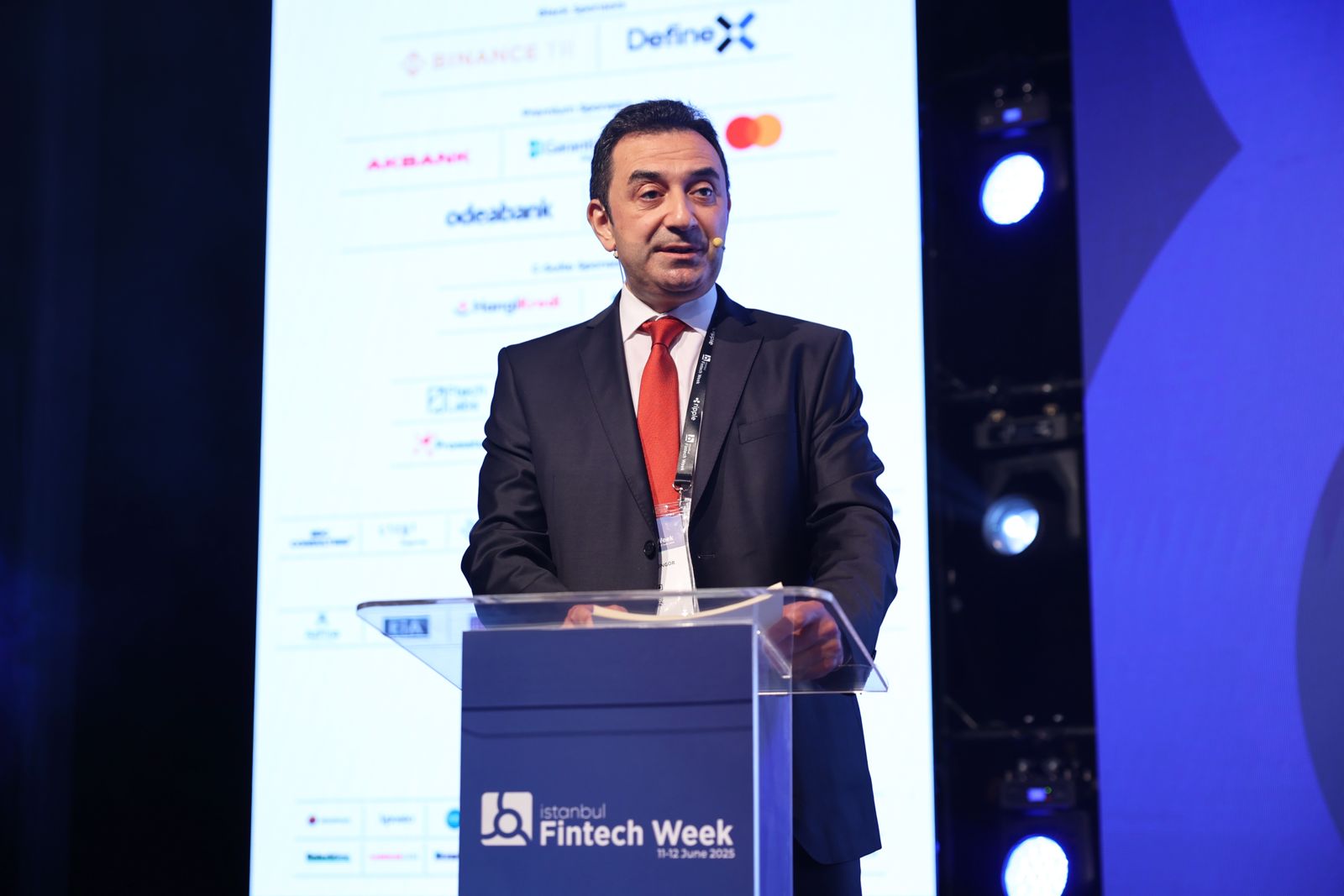2026 is the year of the Smart, Embedded, and Tokenized. From AI backed decision making, interconnected banking and payments, to Web3 redefining ownership and value. The future of finance is here. And this year, IFW is where it will be decided. Returning with a high-impact format specifically engineered for the industry’s most influential leaders, IFW2026 cuts through the noise with 5 vital summits: Web3, AI in Finance, Digital Banking, Payments, and TradeTech. Expect a melting pot of ideas, decisive conversations, expert panels, visionary keynotes, and moments that will leave a lasting mark on the next phase of finance. Off-stage, the real deals still continue to unfold, as this year will also feature exclusive C-Suite Roundtables, the next unicorns in high-stakes startup pitches, and pioneers who are actively building tomorrow's financial ecosystem. Be here when the next phase begins at IFW2026.
Join us in 2026

Now, in its highly anticipated sixth edition, IFW will host two flagship industry summits— the Web3 Summit and the Digital Finance Summit—along with four specialized summits: AI in Finance, TradeTech, Fintech for Businesses, and Women in Fintech. Over two dynamic days, attendees can engage in curated breakout sessions, exclusive C-Suite Round Table discussions, startup pitches, country-specific sessions, and tailored B2B meetings. By bringing together global experts and industry leaders, IFW continues to fuel innovation and strengthen the region’s thriving fintech ecosystem.
Buy Tickets


"This event has been phenomenal..."

"This has been one of the most organized events I have attended..."

"This event was a great opportunity to get more exposure to the Turkish market..."

"This event is actually one of the pioneer events in the whole world..."

"Connecting with new companies was a fantastic opportunity for us..."

"IFW is a great meeting hub..."
Istanbul Fintech Week has become a unique platform, bringing together the leading figures of finance and technology. From global financial giants to innovative fintech startups, numerous valuable participants have shared their knowledge and expertise with us. Through these collaborations, the future of financial solutions and technological advancements continues to take shape.


Discover IFW '25
WEB 3 SummitIstanbul Fintech Week has become a unique platform, bringing together the leading figures of finance and technology. From global financial giants to innovative fintech startups, numerous valuable participants have shared their knowledge and expertise with us. Through these collaborations, the future of financial solutions and technological advancements continues to take shape.



Since 2019, IFW has been the region’s leading fintech event, bringing together global experts and industry leaders to fuel innovation and strengthen the fintech ecosystem.Explore groundbreaking ideas, connect with decision-makers, and stay ahead in the world of fintech.
View Event Report



"This event has been phenomenal..."

"This has been one of the most organized events I have attended..."

"This event is actually one of the pioneer events in the whole world..."

"Connecting with new companies was a fantastic opportunity for us..."

"This event was a great opportunity to get more exposure to the Turkish market..."

"IFW is a great meeting hub..."